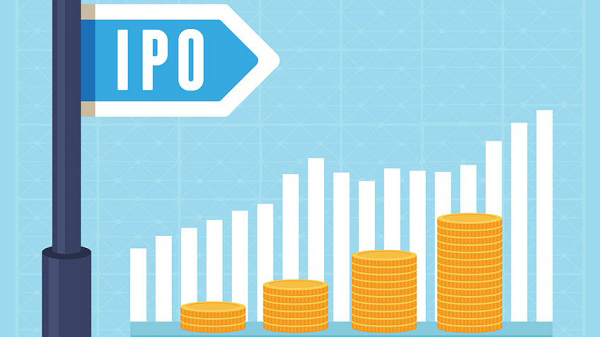Virtual asset funds and exchange-traded products

Many people know that virtual assets (called by some people as “cryptocurrencies”) are highly risky, but what if they are packaged as traditional investment products like exchange traded funds (“ETFs”) or other investment products (“virtual asset-related products”)?
Over the past few years, the virtual asset landscape has undergone a massive evolution. Investment is not only limited to the direct ownership of virtual assets. In some overseas markets, there are different investment products that come with virtual asset exposure, e.g., funds or ETFs that invest in virtual assets or virtual asset derivatives.
More accessible does not mean lower risk
These products are packaged as traditional investment products and traded through exchanges or intermediaries. Investors can buy virtual asset-related products without going through the complicated process of holding the virtual assets directly, e.g., opening accounts with virtual asset exchanges and keeping their virtual assets safe.
However, investing in virtual asset-related products does not lower the fundamental risks of virtual asset investment. Virtual asset-related products are highly volatile too as they reflect the price of the virtual assets that they are holding or tracking. There is also the possibility of market manipulation in the underlying virtual assets, as their markets are largely unregulated at present. Besides, some virtual asset-related products and their service providers may not be subject to the same robust regulation as those in the traditional financial markets, thus posing additional counterparty risks.
Risks involved in virtual asset-related products
Derivatives which enable investors to gain exposure to the underlying virtual asset, like Bitcoin futures contracts, are leveraged instruments and their leveraging effect will further increase the risks and magnify both the gains and losses. Besides, there are specific risks involved in virtual asset futures-based ETFs, e.g., the rollover operation of the futures contracts may have an adverse impact on the net asset value of the ETFs, the performance of the ETFs can deviate from the spot price of the underlying virtual assets.
Investors should note that virtual asset-related products offered in overseas markets may not be authorized by the Hong Kong Securities and Futures Commission (SFC), which means that they may not be subject to the regulation of the SFC; their structures, operations and offering documents may not be governed by any rules or regulations in Hong Kong.
While some investors may be interested in virtual asset-related products, they may not be for everyone. These products are by and large highly risky and complex, with terms, features and risks that may not be easily understood by retail investors.
Investors who are thinking about investing in a virtual asset-related product need to conduct in-depth due diligence to understand how these products and their underlying virtual assets work. As a rule of thumb, study the product features and risks, exercise due caution to assess and select products suited to your investment objectives and risk appetite. If in doubt, always seek professional advice.
30 June 2022




